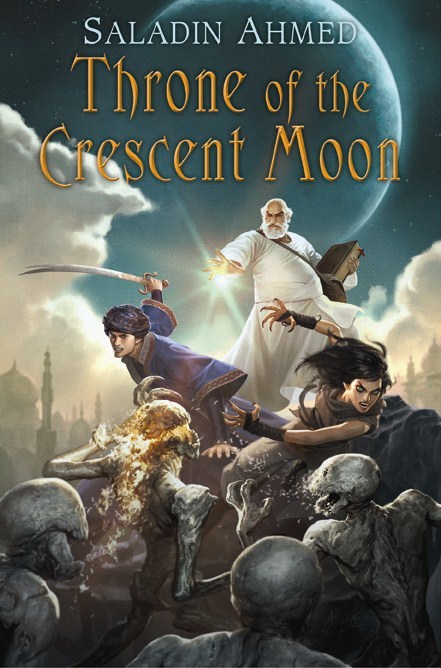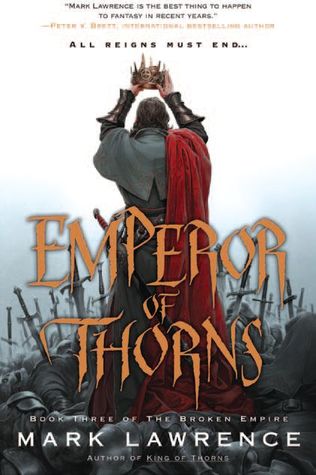Son of a warrior - check. His father was in the Royal Air Force.
Seen the world - check. Born in Singapore, waited tables in Canada, lectured in Brighton University, and now restoring vintage furniture in East Sussex (heck, even heroes need to pay the bills).
A Heart of Gold - Full time father of four, including his disabled daughter, Harriet.
Fair maiden - check. Though I'm sure she's now damsel in distress!
A Mighty Steed - well, he's got three dogs, each much not smaller than a horse!
Legendary Weapon - A WHOPPING great big axe!
So, when John put his pen to paper, it was only natural that an epic saga be born from the ink. A tale of heroes and heroines, nightmarish creatures and black magic. A world in which a black sun rises on the horizon of tomorrow, and with it comes a war to end all wars...
But even in a world where angels and demons vie for power on the battlefield, even the lowliest of mortal beings can change the tide. John brings his human nature to fantasy, reminding us that even everyday heroes can make a difference.
John Gwynne is one of the shortlist nominees for the David Gemmell Morningstar Award 2013. If you'd like to vote for him - or any of the other authors - please visit the site and show your appreciation for your favourite books, and the great men and women who write them.
Firstly I’d like to
say a huge thank-you to David Emrys for inviting me back to his blog.
I love David Gemmell’s
books. My first encounter was with ‘Legend,’ way back in the mists of my
teenage years. Back when there was hair on my head. I remember buying ‘Legend’
from my local Waterstones, heading home and settling in. I finished it in the
small hours of the next morning, feeling both exhausted and elated. Ever since
then David Gemmell has been responsible for a distinct lack of sleep in my
life.
Much to my regret I
never met him, although I did discover that we lived in the same area. I know
this because of something that he wrote in the acknowledgements of one of his
books, ‘Sword in the Storm’ - which also happens to be one of my top reads
ever, I just LOVE IT - I’ll quote in full the acknowledgement.
“My thanks to
my editors Liza Reeves and Broo Doherty, and also to Alan Fisher, Val Gemmell,
Mary Sanderson, Bill Woodford, Tony Fenelon, and Jan Dunlop for feeding the
imagination. And
to the staff at Deep Pan Pizza, the Crumbles, Eastbourne, for their warmth,
their friendliness, and their Regular Americano with extra bacon and pepperoni.”
How cool is that. If I
had not already been a complete fan of David Gemmell’s then that
acknowledgement would have finished the deal. What a cool bloke.
I live in Eastbourne
and have done on and off since I was 15. The Crumbles was Eastbourne’s first
out-of-town retail park. Originally it consisted of a cinema, a furniture shop,
a supermarket, and Deep Pan Pizza. It was the height of sophistication to go to
Deep Pan first, and then on to the cinema. These days the Crumbles is much
bigger. Unfortunately Deep Pan Pizza is gone, the same building taken over by
Frankie and Benny’s (another favourite of mine - my wedding reception was held
there as we had a 1940’s/50’s theme; my wife and I are total vintage nuts).
Anyway, I’ve shown
that acknowledgement from ‘Sword in the Storm’ to a lot of people, usually
saying something like ‘I’ve been there/eaten/ordered that pizza,’and considered
it a claim to fame. Things have gone a little mad this last year with the
release of my debut novel, Malice, and now I have a new claim to fame.
This is a photo of
Malice on a bookshelf in my local Waterstones - the same bookshop that I bought
my first Gemmell book, Legend, from - next to a couple of the Big Man’s books.
It feels pretty
surreal to even see Malice in a bookshop at all - I can still vividly remember it being
scattered notes on my desk, and I feel exceptionally fortunate to see it in
print. There have been lots of great, memorable moments along the path to
publication and beyond - my agent John Jarrold taking me on was a big ‘am I
dreaming’ moment, as was the phone call from him telling me of Julie Crisp’s
pre-emptive offer from Tor UK.
Seeing Malice on the
same shelf as David Gemmell is my latest ‘pinch-me-because-I-must-be-dreaming’
moment. Now, I don’t know about you, but in my book that is cool.
- John Gwynne, 2013.





